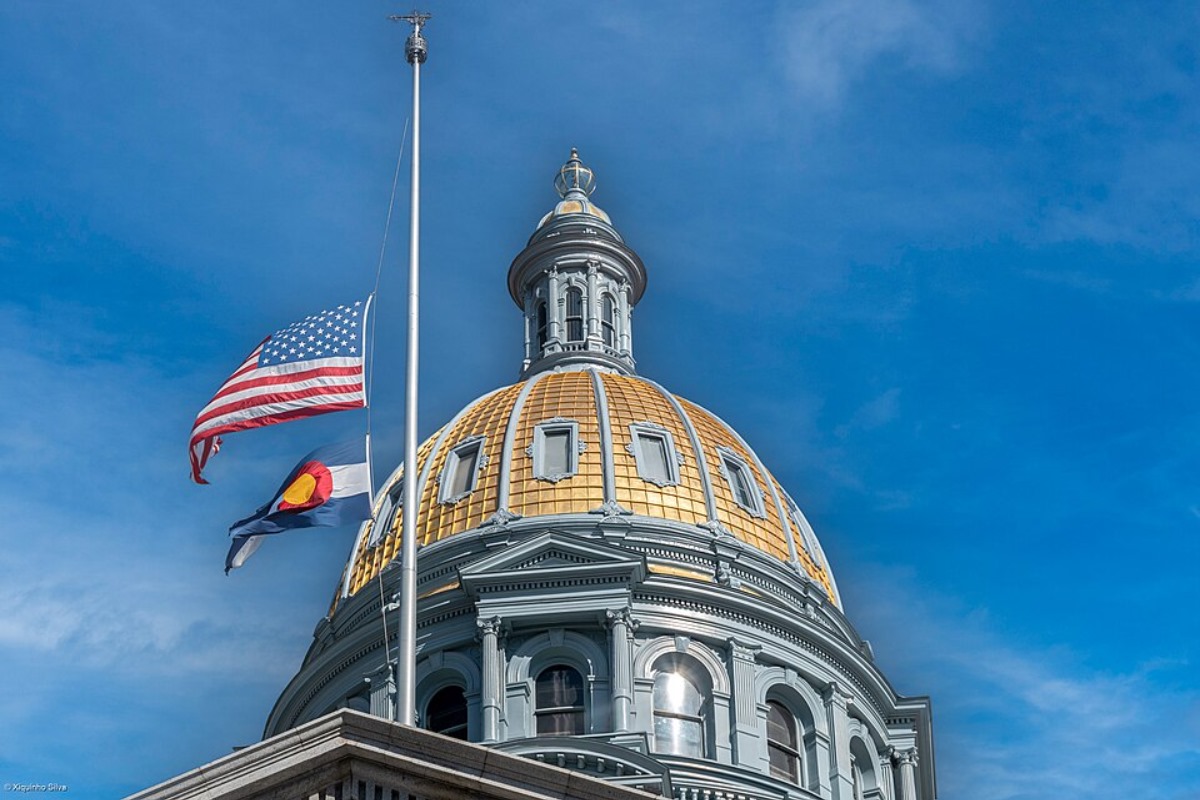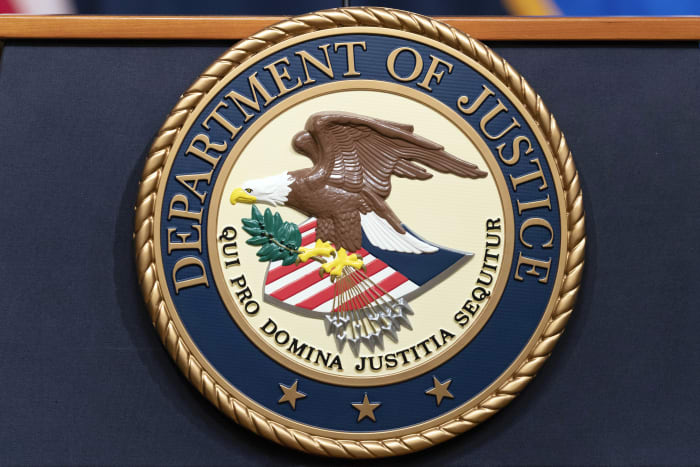Colorado Strengthens Protections for Sexual Assault Survivors: New Law Restricts Evidence Use
2025-06-27

Hoodline
Colorado has taken a significant step forward in protecting survivors of sexual misconduct with the passage of HB25-1138. This landmark legislation, effective from July 1st, significantly strengthens the state's civil rape shield law, severely limiting the types of evidence that can be used against survivors in civil cases. The new law aims to reduce the revictimization of survivors during legal proceedings and encourage more individuals to come forward.
What Does the New Law Entail?
The core of HB25-1138 focuses on restricting the admissibility of evidence related to a survivor's past sexual behavior, lifestyle, and clothing. Previously, opponents in civil sexual misconduct cases could attempt to introduce evidence suggesting a survivor engaged in consensual sexual activity, implying a lack of credibility or suggesting they were not a victim. This often subjected survivors to deeply intrusive and emotionally damaging questioning and evidence presentation. The new law largely prohibits this practice.
Specifically, the law prohibits the introduction of evidence concerning a survivor's:
- Past Sexual History: Evidence of prior sexual activity, whether consensual or not, is generally inadmissible.
- Lifestyle: A survivor's lifestyle choices, including their clothing, relationships, and personal habits, cannot be used to challenge their testimony or credibility.
- Reputation: Evidence regarding a survivor's reputation for sexual promiscuity is also barred.
Why This Change Matters
This legislation represents a crucial shift in how Colorado courts handle civil sexual misconduct cases. The previous system often placed an unfair burden on survivors, forcing them to defend their character rather than focusing on the alleged assault. By limiting the scope of permissible evidence, HB25-1138 aims to create a more equitable and supportive legal environment for survivors. Advocates believe this will lead to more survivors feeling empowered to pursue justice without fear of being re-traumatized.
Exceptions and Considerations
While the law provides strong protections, certain exceptions exist. Evidence may be admissible if it directly relates to the alleged assault, such as proving identity or demonstrating the circumstances of the event. Furthermore, the law allows for the introduction of evidence if it is essential to prove or disprove the survivor’s mental or emotional state at the time of the alleged assault. These exceptions are narrowly defined and require a compelling justification from the party seeking to introduce the evidence.
Impact and Future Implications
HB25-1138 is expected to have a significant impact on civil sexual misconduct litigation in Colorado. Legal experts anticipate that it will streamline the legal process, reduce the emotional toll on survivors, and encourage more survivors to seek redress through the courts. The law is part of a broader national movement to strengthen protections for sexual assault survivors and address the systemic issues that contribute to the underreporting of sexual violence. It’s a testament to the ongoing efforts to create a more just and compassionate legal system for those who have experienced sexual misconduct.
The law takes effect on July 1st, 2024, and will be closely watched by advocates and legal professionals across the country. It serves as a model for other states considering similar reforms and underscores Colorado's commitment to supporting survivors of sexual violence.




:max_bytes(150000):strip_icc()/GettyImages-1731530388-4636fdf384554603810f03cdca5cb2a6.jpg)

